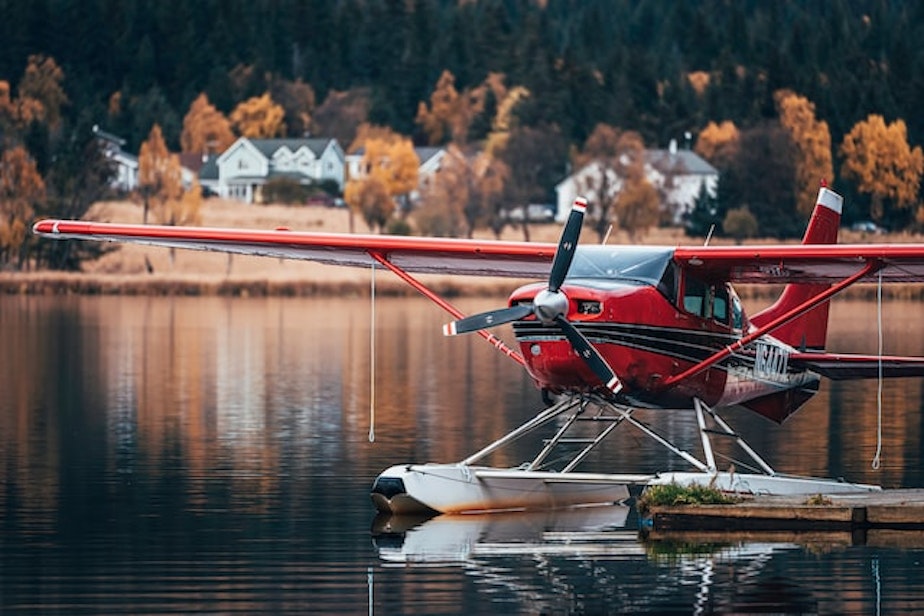Where leaded gas still flies in the United States

The United States banned leaded paint and leaded gasoline decades ago, but many floatplanes and other small aircrafts still run on leaded fuel.
Federal officials have taken a major step toward changing that.
RELATED: Investigators find faulty part in seaplane that crashed near Whidbey Island, warn others
Small airplanes are the largest source of lead pollution in the air of Washington state, pumping about 17 tons of the brain-damaging substance into the air each year, according to the Environmental Protection Agency.
This month, the agency said that leaded aviation fuel endangers public health, especially that of children living or attending school near airports that dispense the harmful fuel.
The nonprofit group Friends of the Earth first petitioned the EPA to get the lead out of the fuel used by small planes 16 years ago. The agency is now taking public comment on its long-awaited, but preliminary, finding.
Sponsored
“Their finding is a good first step but, really, what we need is some sort of the legislation or some regulation to actually get rid of leaded fuels from airplanes, because it’s really causing a lot of health problems,” said activist and former South Seattle state Rep. Velma Veloria.
King County International Airport in South Seattle is one of the state’s biggest sources of airborne lead because of all the small, piston-engine planes that fly out of the airport more commonly called Boeing Field.
“We share the concern about trying to find a safe way to reduce the use of leaded fuel and are going to do what we can to facilitate the conversion to unleaded fuels,” said airport director John Parrott.
Veloria is working with a coalition of community groups to oppose King County’s expansion plans at Boeing Field.
“Most of the people in our communities are low-income people of color,” Veloria said.
Sponsored
“The scientific evidence has been clear for decades that lead-based products are harmful to human beings and children are particularly vulnerable,” said Seattle City Councilmember Alex Pedersen.
His council district includes Lake Union, where floatplanes running on leaded fuel are a common sight.
In California, Santa Clara County banned the sale of leaded fuel at county-owned airports in 2021 after a study found elevated lead levels in the blood of children living near Reid-Hillview Airport in East San Jose.
“No safe blood lead level in children has been identified,” according to the EPA announcement of its “endangerment finding.”
“Even low levels of lead in blood have been shown to affect IQ, ability to pay attention, and academic achievement.”
Sponsored
The agency estimates that more than five million people, including more than 360,000 children under the age of 5, live near U.S. airports that provide the leaded aviation gasoline or “avgas.”
Unleaded fuel for small planes has existed for years. Many piston engines can even run on ordinary gasoline, as long as it has not been blended with ethanol. But supplies have been limited, especially since Congress mandated adding ethanol to the nation’s gasoline supply in 2007.
According to flyunleaded.com, three airports in Idaho and one in Oregon offer unleaded gasoline for planes, but none in Washington do.
In September, the Federal Aviation Administration approved a new high-octane unleaded fuel for all small planes with piston engines. That fuel’s manufacturer, Oklahoma-based General Aviation Modifications, said, “it’s going to take a while” to ramp up the supply and get airports to carry it.
The vast majority of commercial airplanes run on jet fuel, which does not contain lead, but like all petroleum-based fuels, releases planet-heating carbon dioxide and other pollutants.




